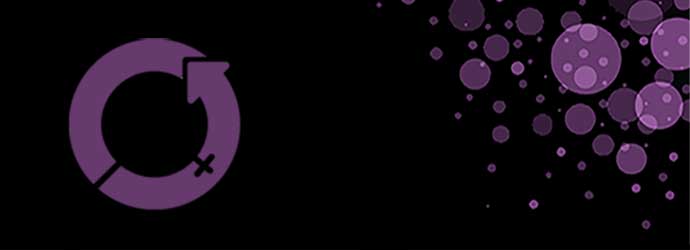
On March 8, International Women’s Day, the CBA National Women Lawyers Forum will launch a podcast that grew out of their campaign about sexual harassment in the workplace.
After passing a resolution at the February, 2015 CBA Council meeting calling for an end to sexual harassment in the workplace, the WLF ran a campaign called #WriteYourWrong, inviting lawyers – male and female – to write in about their experiences with sexual harassment in law firms.
The podcast, Not Just a Bystander, is the next stage in the campaign. The title of the podcast is meant to emphasize that it’s everyone’s job to end sexual harassment – witnesses have to speak up, especially when victims can’t.
The campaign received 48 responses, from men and women. While one man wrote in to say he’d never seen evidence of harassment and young women were more likely to complain about not being able to work with the older women in his firm, women reported on a wide range of behaviour, from casual sexism and misogyny – being told they’re only successful because they’re attractive, for example – to harassment, including being offered to a client as a sexual companion for the evening. Many of the people who wrote in to the anonymous survey talked about bad experiences when they were summer or articling students, or young associates, when the power imbalance is at its most extreme.
Many lawyers who are harassed in the workplace fail to speak out because doing so can be career suicide.
As a student, you feel like you’re in an extended audition, wrote one woman, who was assaulted by a client (in a way Donald Trump admitted to being familiar with) after a period in which she belatedly realized she had been treated as the firm’s “entertainment,” being invited to “client development” events which she had erroneously thought were giving her a sort of professional advantage. When she tried to talk about the assault with a female lawyer in the firm, the woman said she herself wasn’t “that kind of girl.”
“As a female student, it can feel like you are being forced to walk this impossible tight rope of at once being fun and outgoing, but not ‘slutty,’ and professional and appropriate but not ‘uptight’ or ‘stuck up’ or ‘prudish’ (in addition to being smart, hardworking and doing excellent work.)” And when you fall off that rope, “we tend to blame ourselves for not being smarter, better, or whatever thing would have allowed us to avoid the fall, instead of questioning why we're being forced to walk on the damn rope in the first place!”
She adds that silence seemed to be her only option after the assault. “I couldn't imagine a scenario where it wouldn't have been easier for the firm to find an excuse to not hire me back than to take a real stance against the partners/senior associates/clients who had harassed me if I spoke out. The sad part is, I think the perpetrators of sexual harassment know this and feel they are protected as a result.”
There are two podcasts, one in English and one in French. Both bring together a diverse group of speakers to talk about what sexual harassment and sexual assault mean in legal terms, why they happen and what can we do – as lawyers, as clients, as members of a society – to fix the problem.
While it began with the Women Lawyers Forum, the podcast is being presented by a number of CBA groups, including the Equality Committee, the National Sexual Orientation and Gender Identity Section, the Canadian Corporate Counsel Association, the National Military Law Section, the National Labour and Employment Law Section and the National Civil Litigation Section.
In the run-up to the launch date, keep an eye on nationalmagazine.ca, where we will be publishing Q&A’s with the English and French podcast participants. The podcasts will be available on cba.org on March 8.